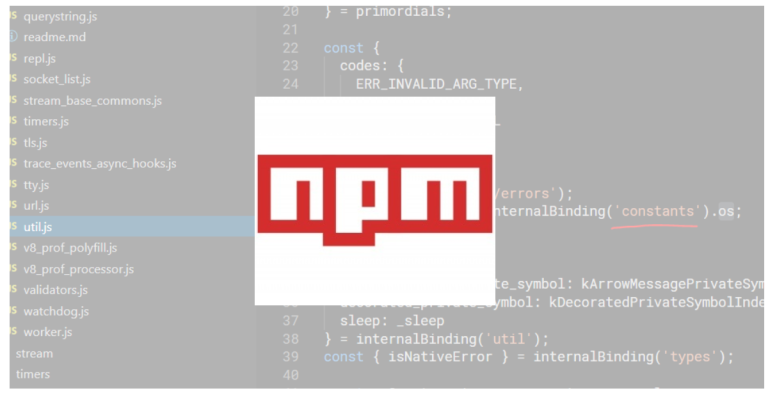The ‘unable to get local issuer certificate’ error is a common headache for Node.js developers using npm. If you’re working with npm, understanding this error can save you time and frustration.
Table of Contents
What Does the Error Mean?
When npm tries to verify a server’s SSL/TLS certificate but fails, it throws this error. In simple terms, npm doesn’t trust the server because it can’t confirm the server’s identity. As a result, npm cannot fetch or install packages, disrupting your workflow.
SSL/TLS and Certificate Chains
SSL (Secure Sockets Layer) and TLS (Transport Layer Security) secure data traveling over the internet. To verify a server’s identity, npm relies on a certificate chain:
- Root Certificate: Issued by a trusted authority.
- Intermediate Certificate: Issued by the root and can issue server certificates.
- Server Certificate: Presented to npm and traced back to the root.
If any link in this chain is broken, npm throws the ‘unable to get local issuer certificate’ error.
Common Causes of the Error
Several factors can trigger this error:
- Misconfigured npm settings: Incorrect settings can confuse npm.
- Outdated versions: Old npm or Node.js versions might not handle certificates correctly.
- Certificate issues: Problems with the system’s Certificate Authority (CA) certificates.
- Network issues: Firewalls or network configurations may block certificate verification.
How to Fix the Error
Here are steps to resolve the issue:
- Update npm and Node.js
- Update npm:
npm install -g npm@latest - Update Node.js (using nvm):
nvm install node
- Update npm:
- Check npm Settings
- View current settings:
npm config list - Fix misconfigurations with:
npm config set <key> <value>
- View current settings:
- Update CA Certificates
- On Unix systems, run:
sudo update-ca-certificates
- On Unix systems, run:
- Temporarily Bypass SSL
- Disable strict SSL (not recommended long-term):
npm set strict-ssl false
- Disable strict SSL (not recommended long-term):
- Check Network Settings
- Switch networks or adjust firewall settings if necessary.
FAQs
- What is npm? npm (Node Package Manager) helps developers manage JavaScript packages, simplifying project development.
- Why is SSL/TLS important for npm? SSL/TLS ensures secure communication between npm and servers, protecting data from tampering.
- What happens if I ignore this error? Ignoring it prevents npm from fetching packages, halting your development.
- Why avoid bypassing SSL? Disabling SSL makes communication insecure, exposing data to risks.
Conclusion
This guide covered what causes the ‘unable to get local issuer certificate’ error and how to fix it. Keep your tools updated, understand SSL/TLS, and troubleshoot methodically. With patience and these steps, you’ll overcome this error and get back to coding efficiently.

